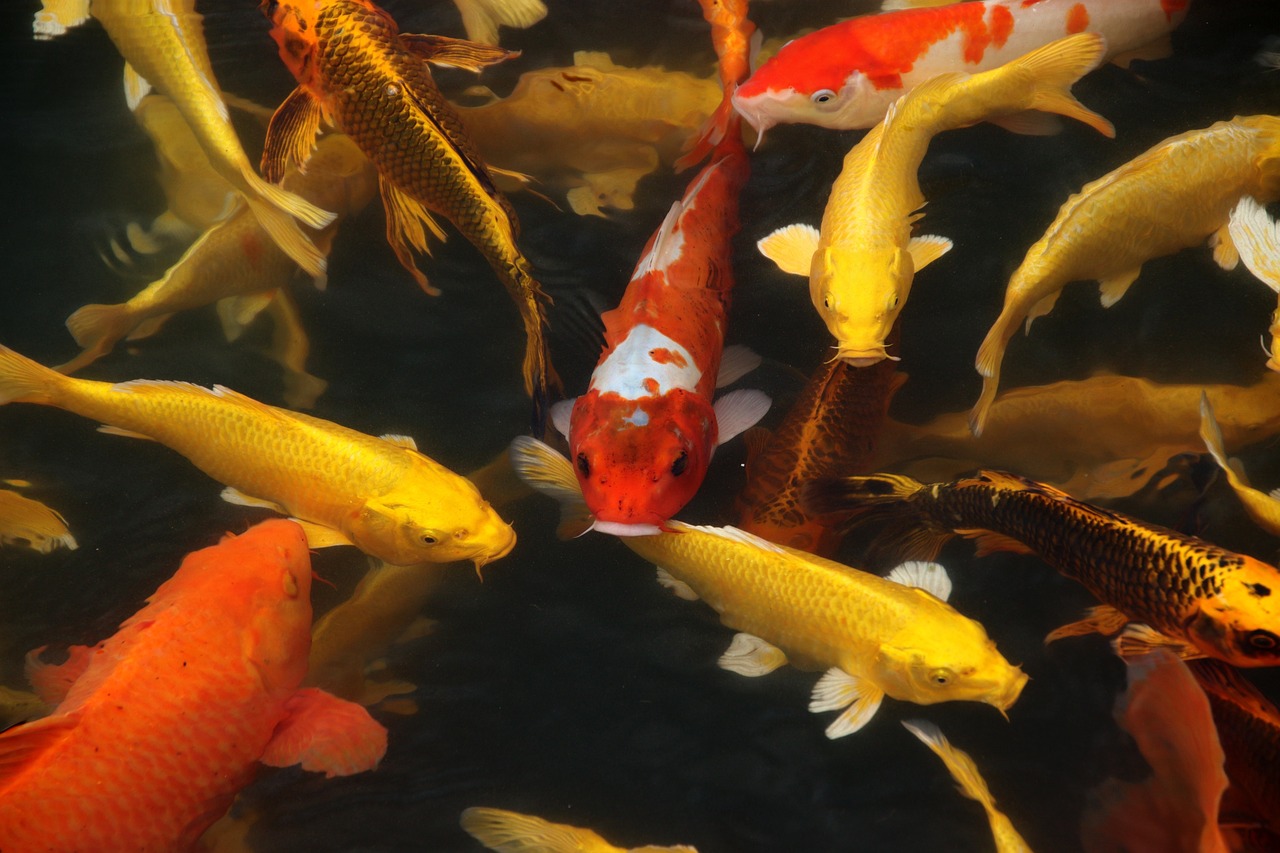
About Fish Farm Production
Fish farm production encompasses a range of activities aimed at cultivating fish and aquatic organisms in controlled environments. As the world’s population expands, so does the need for seafood. Fish farm production plays a pivotal role in meeting this ever-increasing demand.
By cultivating fish in controlled settings, fish farms help conserve wild fish populations and protect vulnerable marine ecosystems. Through responsible and eco-friendly practices, fish farm production contributes to a more sustainable and resilient food system.
Fish farm production involves a series of integrated processes to ensure the successful growth and development of aquatic species : The process begins with selective breeding and controlled reproduction in hatcheries, where fish eggs are fertilized and hatched.
Young fish are nurtured in specialized nurseries until they reach a suitable size for transfer to grow-out facilities. Fish are raised to market size in ponds, tanks, cages, or raceways, where their environment, diet, and growth are carefully monitored.
Maintaining optimal water quality, temperature, and oxygen levels is essential for healthy fish growth. Maintaining optimal water quality, temperature, and oxygen levels is essential for healthy fish growth. Regular health assessments, disease prevention measures, and responsible antibiotic use contribute to the overall well-being of the fish.
Benefits of Fish Farm Production: Fish farm production offers a host of advantages:
-
Sustainability : By reducing the reliance on wild fisheries, fish farms contribute to sustainable seafood production.
-
Food Security : It provides a consistent and accessible source of protein for communities worldwide, reducing food insecurity.
-
Economic Growth : The industry creates job opportunities, supports local economies, and fosters innovation in aquaculture technology.
-
Quality Control: Strict monitoring and control over the production process result in high-quality and safe seafood products.
Environmental Responsibility :
Fish farm production is committed to environmental stewardship through:
-
Efficient Resource Utilization : Implementing responsible resource management practices to reduce waste and energy consumption.
-
Reduced Environmental Impact : Innovations like land-based recirculating aquaculture systems (RAS) and integrated multitrophic aquaculture (IMTA) minimize environmental footprint.
-
Responsible Feeding : Developing sustainable and alternative feeds to reduce pressure on marine resources.
